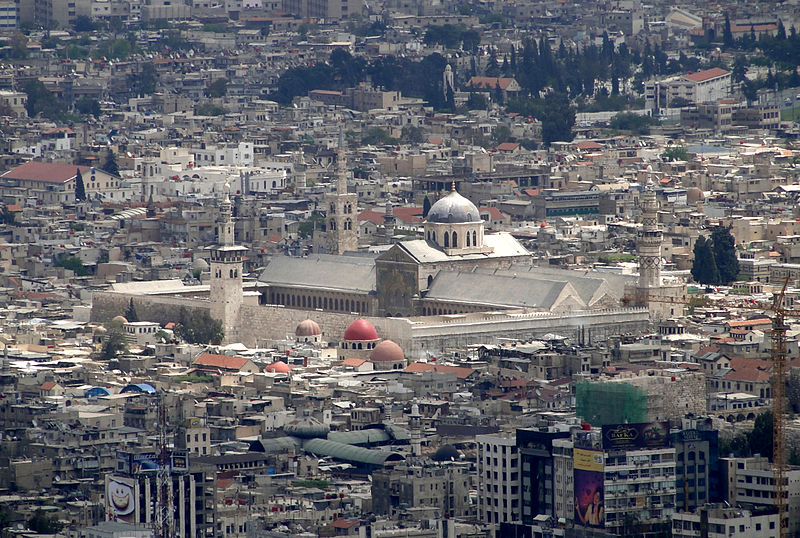
Today, Commissioner for Crisis Management, Janez Lenarčič, is visiting the Turkish border with North-West Syria, which is a crucial crossing point for the delivery of
humanitarian assistance for millions of people inside Syria. The visit comes ahead of the vote on the renewal of the UN resolution on cross-border aid delivery which is due in the coming days.
Janez Lenarčič, Commissioner for Crisis Management, said: “Failure to renew the cross-border resolution will jeopardise lifesaving humanitarian aid delivery for millions of Syrians. In North-West Syria, right now this is a matter of life and death for those most in need. After a decade of war and displacement, the population is exhausted and depends on this assistance to survive. It is our moral duty to not look away from the suffering of Syrians. The European Union strongly urges the members of the Security Council to agree to the renewal of authorisation for cross-border operations to allow delivery of life-saving assistance, including COVID-19 vaccines. We need to use all relevant modalities to get humanitarian assistance to people who desperately need it, cross-border as well as cross-line. It is crucial to support Syrians in need wherever they find themselves in Syria or outside its borders, including by helping build the resilience of people who have endured 10 years of conflict.”
In addition to meeting with senior United Nations representatives and aid workers engaged in cross-border assistance into North-West Syria during his visit, Commissioner Lenarčič also met with the Turkish government representatives and the local authorities in Hatay.
In March 2021, the European Commission alone mobilised €130 million in humanitarian aid to provide vital assistance to millions of people inside Syria. The Commission also supports Syrians in neighbouring countries hosting refugees such as Turkey, Lebanon, Jordan, Iraq and Egypt.
Background
After almost a decade of war, Syria's crisis is marked by unparalleled suffering and needs. In addition to over 5.6 million refugees displaced in the wider region, the country counts 6.7 million people internally displaced, the largest number worldwide. 1.9 million people live in informal settlements and planned camps, with a significant registered increase of a 20% since 2020. Nearly 60% of the population is facing food shortages while North-West Syria alone counts around 3.5 million of people in need of humanitarian assistance. A ceasefire in North-West Syria since early 2020 has not prevented clashes in Idlib, where the humanitarian situation remains alarming. With only half of the health facilities fully functioning and increasing economic hardship across the country, the COVID-19 pandemic has put an additional strain on the dire humanitarian situation in Syria. Inside Syria, EU humanitarian assistance supplies over 40 humanitarian partners working countrywide where needs are the most acute.
The EU and its Member States are the leading donors of international aid towards those affected by war in Syria. Since the start of the crisis in 2011, more than €24.9 billion has been mobilised to support the most vulnerable Syrians inside the country and across the region. The EU has organised, during five consecutive years (2017-2021), the Brussels Conference supporting the future of Syria and the Region, which is also the main pledging conference for the Syria crisis. Photo by Bernard Gagnon, Wikimedia commons.



































